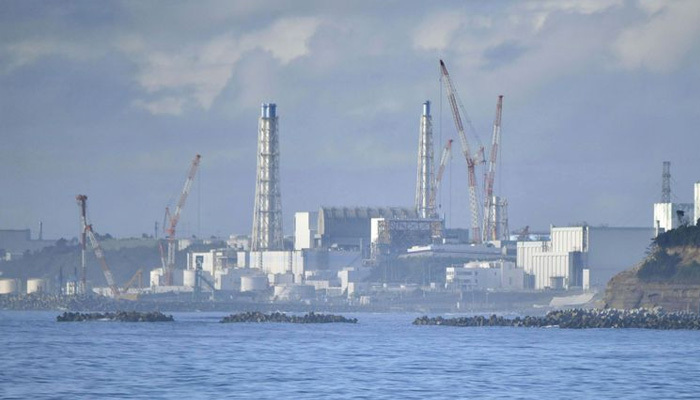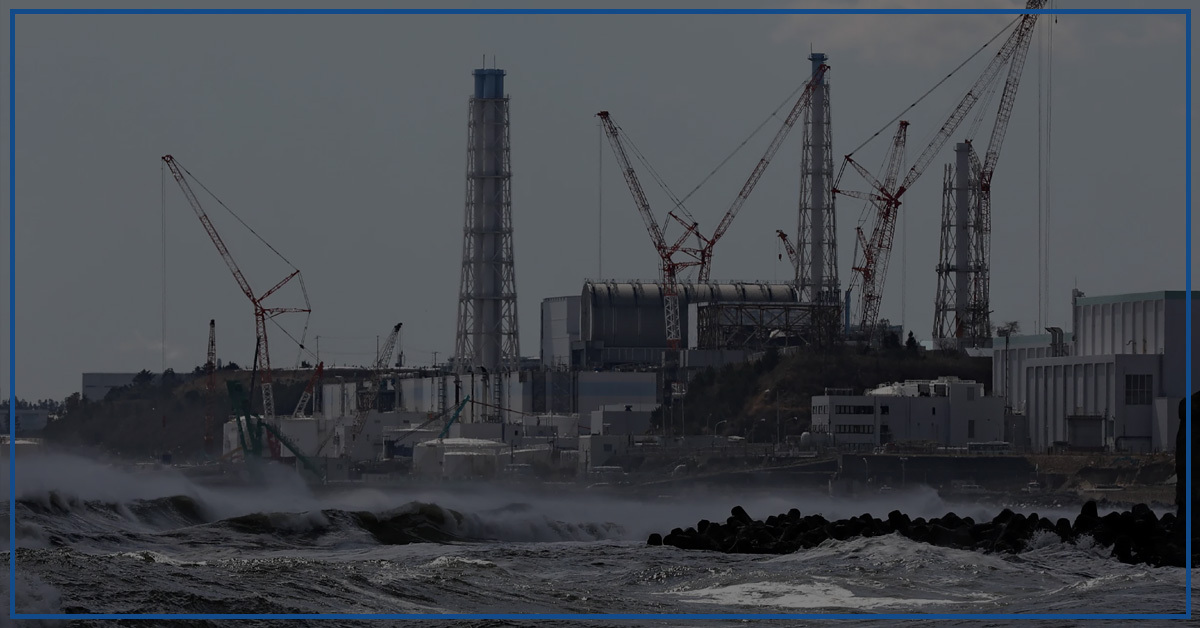Japan has made the decision to release water from the Fukushima power plant into the Pacific Ocean, marking a significant step in the aftermath of one of the world’s worst nuclear disasters, which occurred 12 years ago.
This move has stirred controversy, with China leading the criticism. China has already partially halted food shipments from Japan and expressed strong disapproval. Their foreign ministry summoned Japan’s ambassador to convey their concerns, and both Hong Kong and Macau have announced bans on the import of “aquatic products” from 10 Japanese regions. Macau has gone a step further by also banning vegetable and dairy imports from these areas.
The decision has also caused concern in South Korea, where some residents have staged demonstrations and even started stockpiling sea salt due to fears of contamination.
Japan, on the other hand, maintains that the gradual release of the water, equivalent to more than 500 Olympic swimming pools, is safe. Prime Minister Fumio Kishida announced the plan, explaining that the water, used to cool the reactors, has been stored at the site since the disaster, and Tokyo Electric Power Co (TEPCO), the plant’s operator, is running out of space to contain it. The water release is expected to begin on August 24, weather permitting.

Japan’s claims of safety have been supported by the International Atomic Energy Agency (IAEA), which gave the plan the green light following an inspection in July. The IAEA stated that the release met international standards and had a “negligible” impact on people and the environment.
Despite these assurances, some neighboring countries, particularly China, remain skeptical about the plan’s safety. China’s Foreign Ministry spokesperson, Wang Wenbin, accused Japan of planning to “arbitrarily dump nuclear-contaminated water” and pledged to take measures to protect the marine environment, food safety, and public health.
South Korea has also seen protests against the plan, although its own study concluded that the water release met international standards. Seoul stated that there were no scientific or technical issues with the plan, although this did not necessarily imply their support.
To address concerns, TEPCO plans to dilute and filter the water before release, removing all radioactive substances except tritium, which is at levels considered safe. However, this hasn’t alleviated the concerns of Japan’s neighbors, who emphasize the need to protect the ocean and public health.





